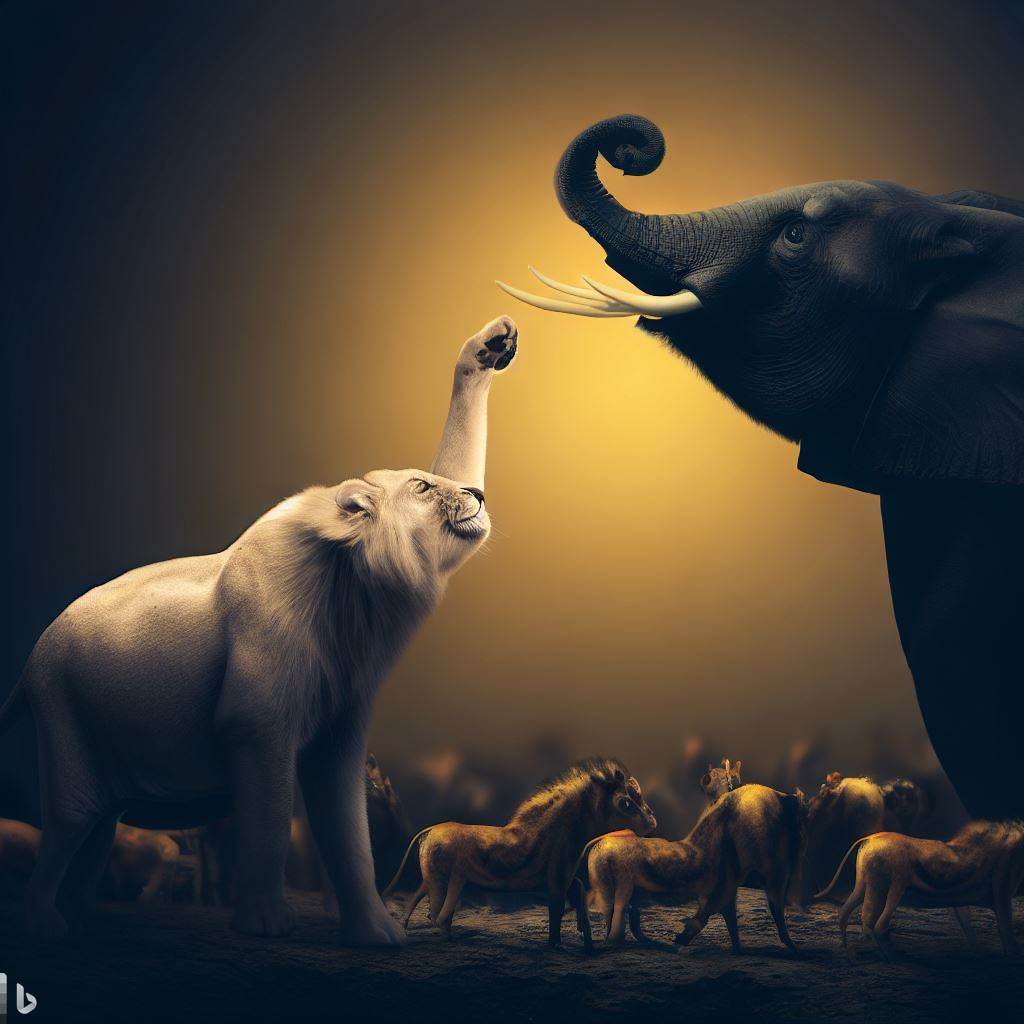It is the ultimate truth of the world that all animals are equal but some are more equal than others. If we take this statement in a positive sense then I believe this is an essence of capitalism. The one who will make efforts along with wisely taking steps forward to reap something substantial then it is a way to go for making your living standard better.
Capitalism and Living Standards
Here one does not have to be Snowball or Napoléon and start thinking themselves superior. The story of the animal farms is not only a history of the Russian Revolution but George Orwell defines different traits of human beings and delivers the message precisely.
Furthermore, in the context of “Animal Farm,” the notion that “all animals are equal but some are more equal than others” can indeed be viewed positively as a reflection of capitalist ideals. Capitalism offers individuals the opportunity to elevate their living standards through diligence and wise decision-making. In this system, one need not adopt the mindset of superiority, as exemplified by characters like Snowball or Napoleon. George Orwell’s narrative extends beyond the historical allegory of the Russian Revolution, providing a nuanced exploration of human traits and delivering a thought-provoking message.
Avoiding the Superiority Complex
Rules actually change with time that is not the issue but equally should be applicable to everyone. If boars started getting luxuries, then other animals should also have luxuries. But their lust for power does not let that happen. The most interesting thing is that no one revolted against boars when the first rule was broken and most of the animals got in a trap of Squiller’s words and came under the influence of Napolean power.
Unethical Pursuit of Power
It happened because we are not ready to fight those fears which we even hide from ourselves. For example, if someone does not dominate us then our survival will become difficult. Even that person who rules us is a tyrant and makes always false promises. Paving your way with lies and deceit is not diplomacy that we perceive from Napolean and Squiller’s behavior. That is actually lust for power and fulfillment with unethical manners.
Yearning for Utopia
That is why in the end when Raven was describing about utopian world many animals were again wishing for that world. But the question here arises Why do animals always get lured into doing no work? A better world does not exist anywhere else. We are the ones who have to create it. Why does Boxer show unknown persistence?
Boxer’s Persistence
Amidst the turmoil and shifting dynamics of Animal Farm, the character of Boxer stands as a testament to unwavering dedication and persistence. His loyalty, while admirable, comes at a high cost. Blind devotion and the disregard for personal well-being ultimately lead to a betrayal of one’s family, friends, and those who care deeply.
The Changing Rules
In the end, I will say that in the game of chess, we see a knight coming up with two sharp minds but in Orwell’s novel, we find a horse just a doer who does not have to do anything with reward. Losing your life in this pattern is a betrayal to your family, friends, and the people who love you. It is actually a bond that you break by sacrificing yourself in this way. Be yourself foolish or something else but at least think of those people who live for you and for you.
The biggest lesson I have learned from the story is that there is not any prosperity in a country without the prosperity of its people.
Final Thoughts
In the end, “Animal Farm” underscores a profound truth: a nation’s prosperity is intrinsically linked to the well-being and prosperity of its people. It serves as a powerful reminder of the consequences of inequality, the corruption of power, and the importance of individual responsibility. The lessons from this allegorical masterpiece extend beyond the pages of the book, compelling us to reflect on the world we live in and the choices we make.








